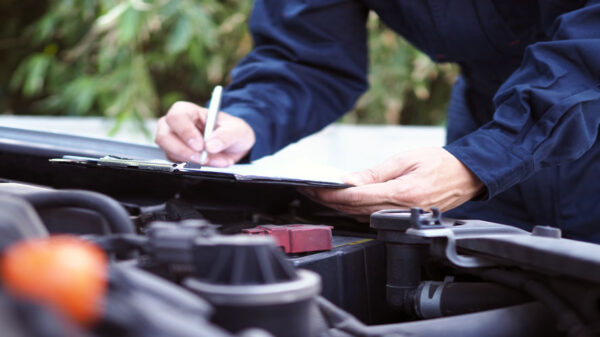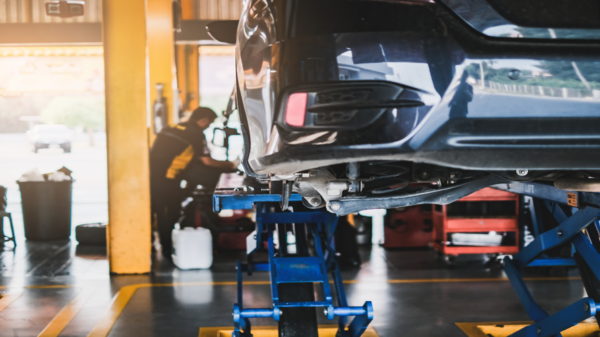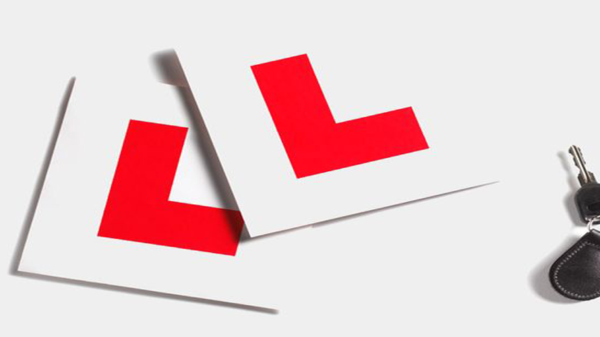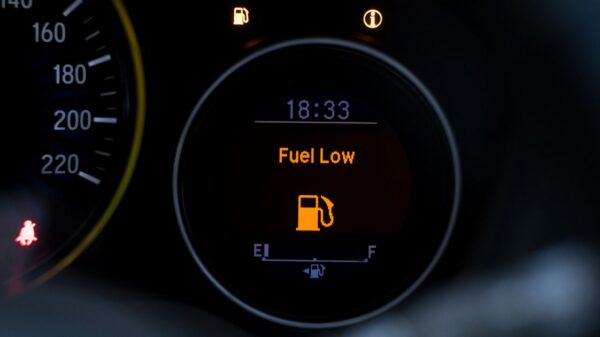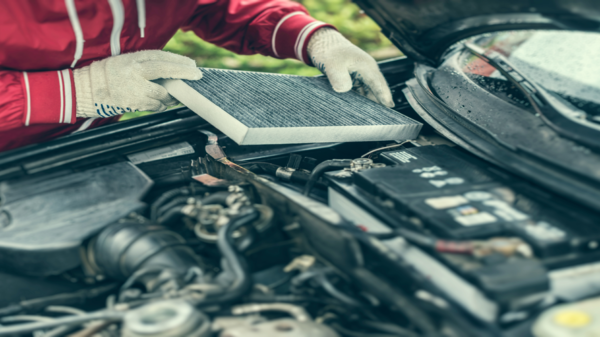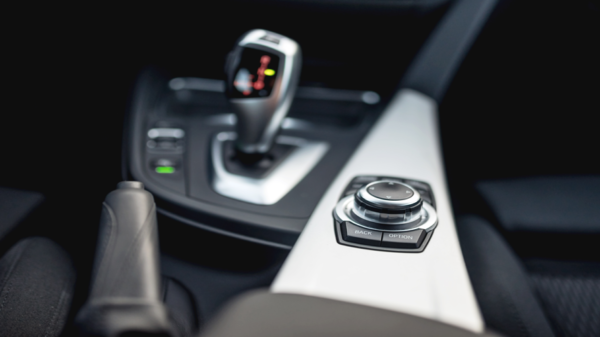Buying a used car could save you a fortune, follow our guide and work through our used car buying checklist to make sure you know what to look for. Here’s a quick guide to help you navigate the process of buying a used vehicle:
1. Determine Your Budget: Establish a clear budget range for the purchase, considering not just the initial cost but also ongoing expenses like insurance, maintenance, and fuel.
2. Research: Identify the type of vehicle that fits your needs—consider factors like size, fuel efficiency, and intended use. Look into different makes and models, checking reviews, reliability ratings, and common issues for each.
3. Set Priorities: Decide on must-have features versus those you can compromise on. Prioritize safety features, mileage, age of the vehicle, and any specific requirements you may have.
4. Check Vehicle History: Always ask for the vehicle identification number (VIN) to run a history report. This report can reveal past accidents, ownership history, title issues, and maintenance records.
5. Inspect the Vehicle: If possible, have a trusted mechanic inspect the car thoroughly. Look for signs of wear and tear, check the engine, tires, brakes, and ensure all electronics work properly.
6. Test Drive: Take the car for a test drive on different road types (highway, city streets) to evaluate its performance, handling, and comfort.
7. Negotiate the Price: Use your research findings and the condition of the vehicle as bargaining tools. Don’t hesitate to negotiate the price based on any issues found during inspection or the vehicle history report.
8. Finalize the Deal: Review all necessary paperwork carefully. Ensure the title is clear, and all agreements are in writing. Be prepared for additional costs like taxes, registration, and transfer fees.
9. Consider a Warranty: Some dealerships or third-party companies offer warranties for used vehicles. Evaluate the terms and decide if it’s worth the investment.
10. Trust Your Instincts: If something doesn’t feel right or if you’re uncertain about any aspect, it’s okay to step back. Rushing into a purchase could lead to regrets later on.
Remember, buying a used vehicle requires thorough research and careful consideration. Patience is key in finding the right fit for your needs and budget.






